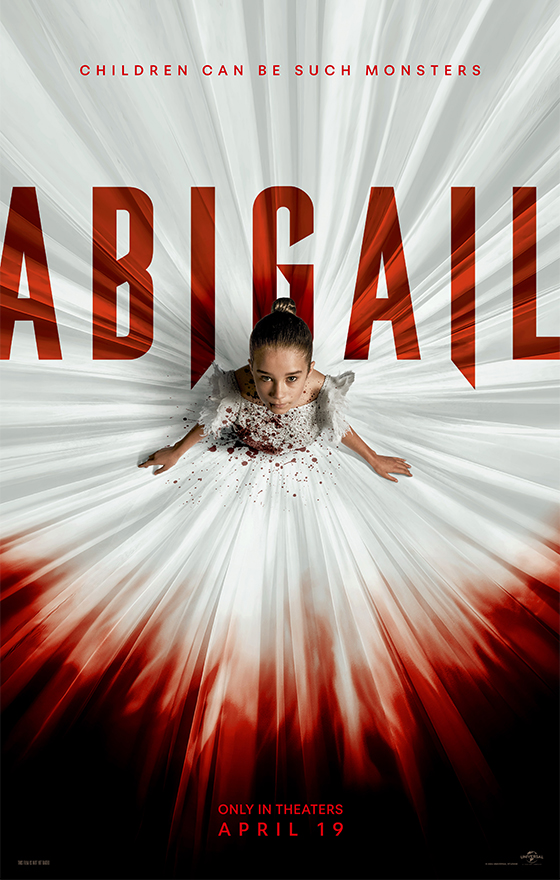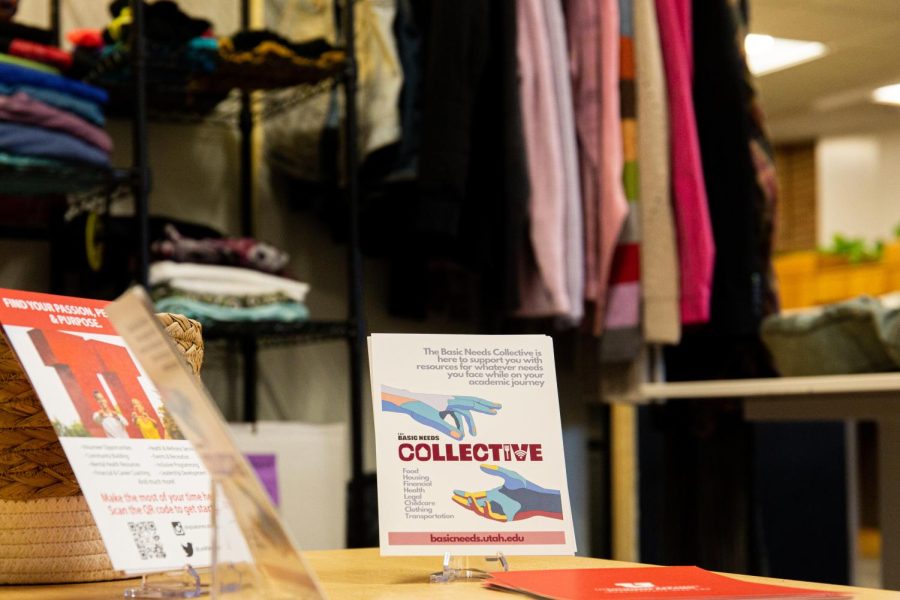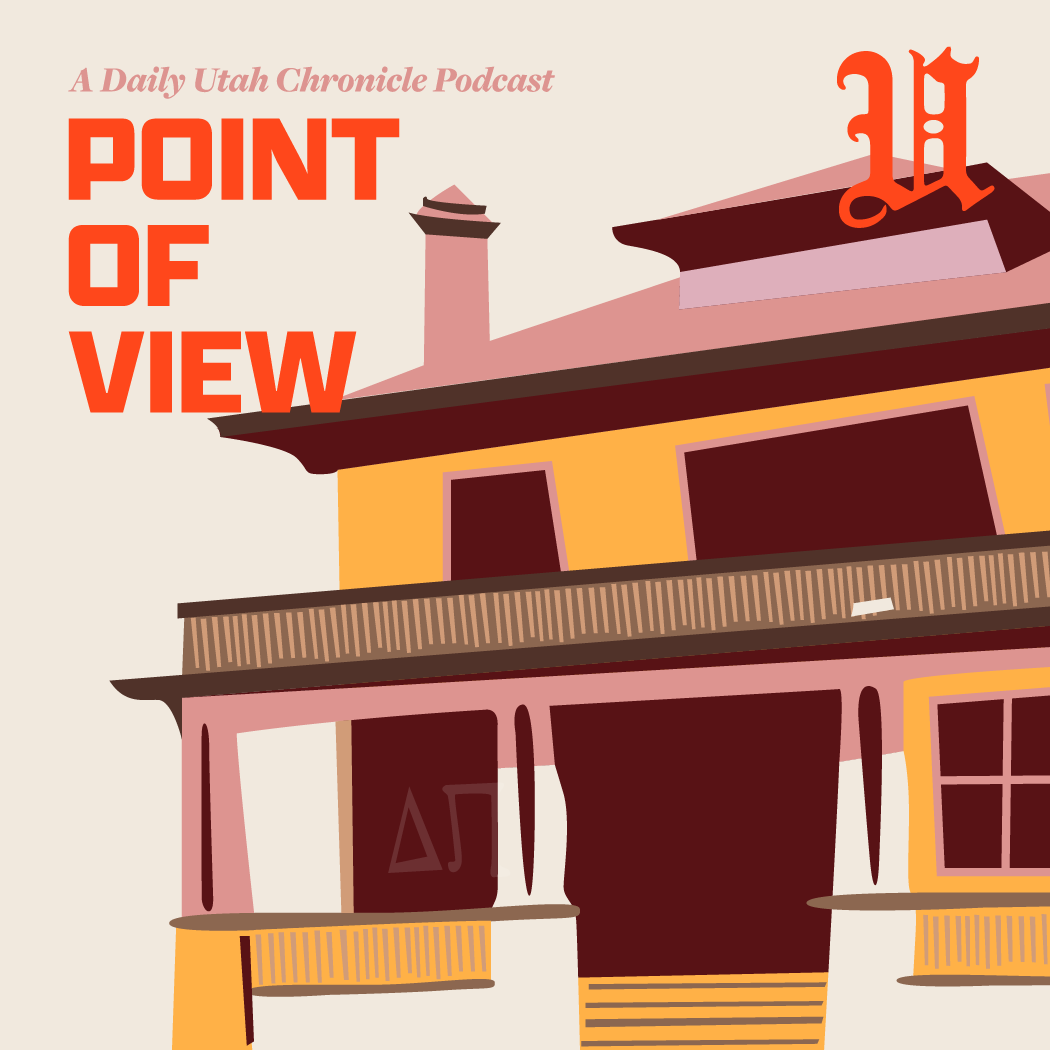Willem Johan Kolff, born on Valentine’s Day, gave his heart to saving lives.
The “father of artificial organs” and a former U professor pioneered research in dialysis, created the artificial kidney, assisted in creating the heart-lung machine, performed the first successful transplant of an artificial heart, organized Europe’s first blood bank and led experiments in artificial eyes and ears.
“It was incredible how far ahead of the game he was,” said Joe Andrade, a bioengineering professor who worked with Kolff for more than a decade.
Kolff spent his life saving and improving the lives of others until he died Feb. 11 at age 97, three days shy of his birthday. Kolff died of natural causes at a hospital in Philadelphia, where he lived for 12 years after retiring from the U, said Chris Nelson, a spokesman for U health sciences.
“They say people who are really innovative stand on the shoulders of giants,” for their ability to see things others don’t, said Don Olsen, a professor emeritus of surgery who worked with Kolff for 30 years. When Kolff lived in Nazi-occupied Holland, no one knew how to simulate the membrane of the human kidney. Kolff walked by the local deli’s sausage rack and saw the perfectly thin, organ-like membranes in their casings, Olsen said, and used them for the simulations.
Kolff then began his work in 1940 by organizing a blood bank for soldiers fighting the Nazi occupation in the Netherlands. By 1945, he saved his first patient. Kolff invented the artificial kidney, making kidney failure no longer an immediate death sentence.
After the war, Kolff traveled to America to develop the heart-lung machine in Cleveland. From there, he continued his revolutionary work at the U, where he became the head of the Division of Artificial Organs.
Kolff had already acquired a reputation for his work in Cleveland and the Netherlands when Andrade applied to work with the doctor in 1969. Together, they continued to perfect Kolff’s artificial kidney. Andrade said he loved being around the doctor’s perceptive, intelligent mind, which eventually lent itself to a historic achievement under the bright lights of the University Hospital’s operating room.
In 1982, Kolff joined the U Hospital medical team that first successfully transplanted an artificial heart. Barney Clark, a retired dentist from Seattle, lived an additional four months after the surgery. Since then, doctors have given at least 80 people around the world the same gift Kolff gave Clark, Olsen said.
There are millions of people who are grateful for Kolff’s work in dialysis and artificial organs, Olsen said. The medical community expressed its gratitude with the 120 awards the doctor received throughout his life.
The only award he didn’t win was the Nobel Prize, though he was nominated several times, Andrade said.
A museum inside the Merrill Engineering Building is dedicated in memory of Kolff, and is open for anyone who wants to see the artificial heart and the life-saving inventions he gave to the world, Andrade said.

Willem Johan Kolff









